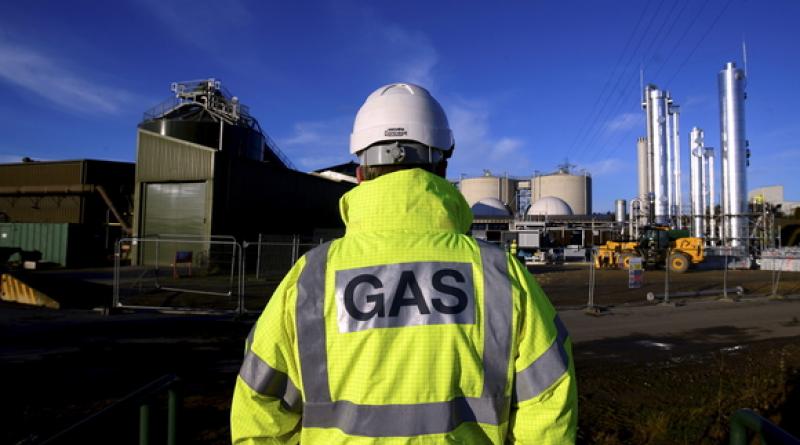Gas Goes Green: Networks unveil plan to deliver world's first zero carbon gas grid.

Major new project aims to help ready UK gas grid for hydrogen and biogas switchover
The UK's gas network operators have set themselves the ambitious target of delivering the world's first zero carbon gas grid, as part of a major new programme dubbed 'Gas Goes Green'.
The initiative, which is being orchestrated by the Energy Networks Association (ENA), brings together leading gas operators such as Cadent, Northern Gas Networks, and National Grid to jointly explore how to research, co-ordinate, and deliver a national switchover to hydrogen-ready boilers.
Launched this week, the programme will be spearheaded by former Cadent CEO Chris Train, who is being billed as the UK's first 'Green Gas Champion'.
In addition to working to boost prospects for the nascent hydrogen industry, the initiative will also investigate how to accelerate the use of biomethane across the grid, making it easier for farmers and other businesses to inject biogas into the grid.
"We're delighted to not only be launching this exciting new programme, but also to be making clear our commitment to creating the world's zero carbon gas grid," said Matt Hindle, head of gas at ENA. "Gas Goes Green will deliver the green-print needed to do that, and in doing so tackle some of the biggest challenges facing decarbonisation policy."
The project is now set to play into the government's on-going work to develop a strategy for decarbonising building heating across the UK.
Experts have warned that fully decarbonising heating systems remains one of the biggest technical challenges as the UK seeks to deliver on its target to build a net zero emission economy by 2050, and a number of competing routes for decarbonising heating and cooking systems are under consideration.
The companies involved in the Gas Goes Green initiative argue that with 23 million properties and 85 per cent of Britain's homes connected to the gas grid the network provides a cost effective foundation for decarbonising heat through the use of hydrogen and biomethane.
A study by carried out by consultancy Navigant last year on behalf of network companies concluded that creating a zero carbon gas grid is both possible and could help save billpayers up to £13bn a year compared to the alternative methods of decarbonising heat and transport.
But advocates of alternative green heating technologies, such as heat pumps, have questioned the feasibility and effectiveness of switching the entire gas grid to hydrogen, arguing that should the UK develop a large scale green hydrogen industry the resulting gas will likely be in huge demand for industrial processes and heavy transport.
The government has signalled its support for both approaches, backing a number of hydrogen pilot projects while also recently beefing up home standards so as to effectively ban the installation of fossil fuel based heating systems in new homes from 2025.
However, the new Gas Goes Green programme maintains that "focusing on decarbonising Britain's grid and building on the strengths of that system is the most effective way of solving the [decarbonising heat] challenge".
The ENA said that in its first phase in 2020, the programme will establish a 17 step Hydrogen Transformation Plan to prepare Britain for a national gas boiler switchover scheme. It will also undertake technical and operational research into the regulatory reforms that would be needed to enable the widespread use of hydrogen and renewable gases in the gas networks, while updating safety measures and exploring how to make it easier for farmers and other businesses to feed in green gases like biomethane into local gas grids.
16 April 2020
Business Green




